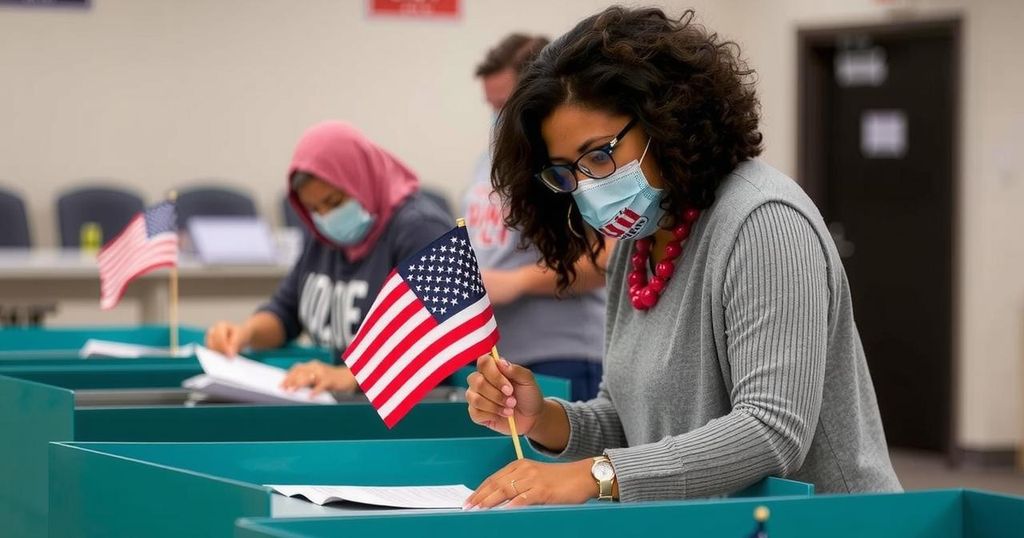Pennsylvania’s Election System: Progress Under Duress and the Need for Reform

Despite a well-managed 2024 election in Pennsylvania, ongoing concerns about election administration persist due to unresolved requests for improvements to the election code. The departure of experienced officials and a growing reliance on inexperienced staff raise risks. There is little optimism for legislative progress in 2025 as partisan divisions remain pronounced, complicating efforts for necessary reforms.
Pennsylvania’s 2024 election was executed effectively without significant delays, yet concerns linger regarding underlying issues, as highlighted by Tim Benyo, Chief Clerk of Elections in Lehigh County. State officials have long requested modifications to the election code, including extended pre-canvassing periods for mail-in ballots and an earlier voter registration deadline, but political gridlock has stalled progress. Experienced election administrators are leaving, raising concerns about the reliance on inexperienced individuals, which heightens the risk of potential election problems.
Despite financial support to acquire faster counting machines following delays in the 2020 election, Benyo described the assistance as merely a stopgap solution rather than a remedy. The short timeframe in which election preparation must be completed has been overwhelming for staff members, with many working excessive hours to manage voter registration, prepare polling materials, and train workers. The heightened demand for mail-in ballots has further complicated the situation, leading to significant wait times for voters, particularly those seeking in-person ballots as an alternative to mail delivery uncertainties.
Inconsistent wait times for ballots and dissatisfaction with mail-in voting have created tense exchanges between election staff and voters. Amid these challenges, Benyo is open to exploring best practices from other states that could provide measurable improvements, notably advocating for options such as early voting using standard voting machines. Despite these suggestions, there is little optimism regarding legislative action in 2025 due to entrenched partisan conflicts.
The General Assembly will reconvene with the same divisions that have limited previous reforms. While House Democrats managed to pass a bill to expedite ballot processing, it stalled in the Senate amid disagreements tied to voter ID requirements. State Representative Michael Schlossberg acknowledged the complexity of navigating these negotiations but maintained that there remains potential for compromise if both parties are willing to engage in meaningful dialogue.
The state of Pennsylvania has faced ongoing challenges regarding its election laws since significant changes were made five years ago. The introduction of mail-in voting and various reforms aimed at increasing accessibility have led to ongoing concerns about the efficiency and integrity of elections. Election officials have repeatedly highlighted the need for improvements, including provisions for processing mail-in ballots more effectively and expanding early voting opportunities. Political factors, including partisan divides, have hindered legislative progress toward these necessary updates, resulting in a fragile election infrastructure vulnerable to operational strains.
In summary, while Pennsylvania successfully managed its 2024 election, persistent issues concerning election administration and necessary reforms remain unresolved due to political stalemates. The high turnover of experienced election officials compounds the challenges, leading to increased stress on remaining staff during crucial election periods. As lawmakers prepare to reconvene, the interplay of partisan interests will be critical in determining whether meaningful reforms can be achieved to enhance the electoral process moving forward.
Original Source: www.lehighvalleynews.com








